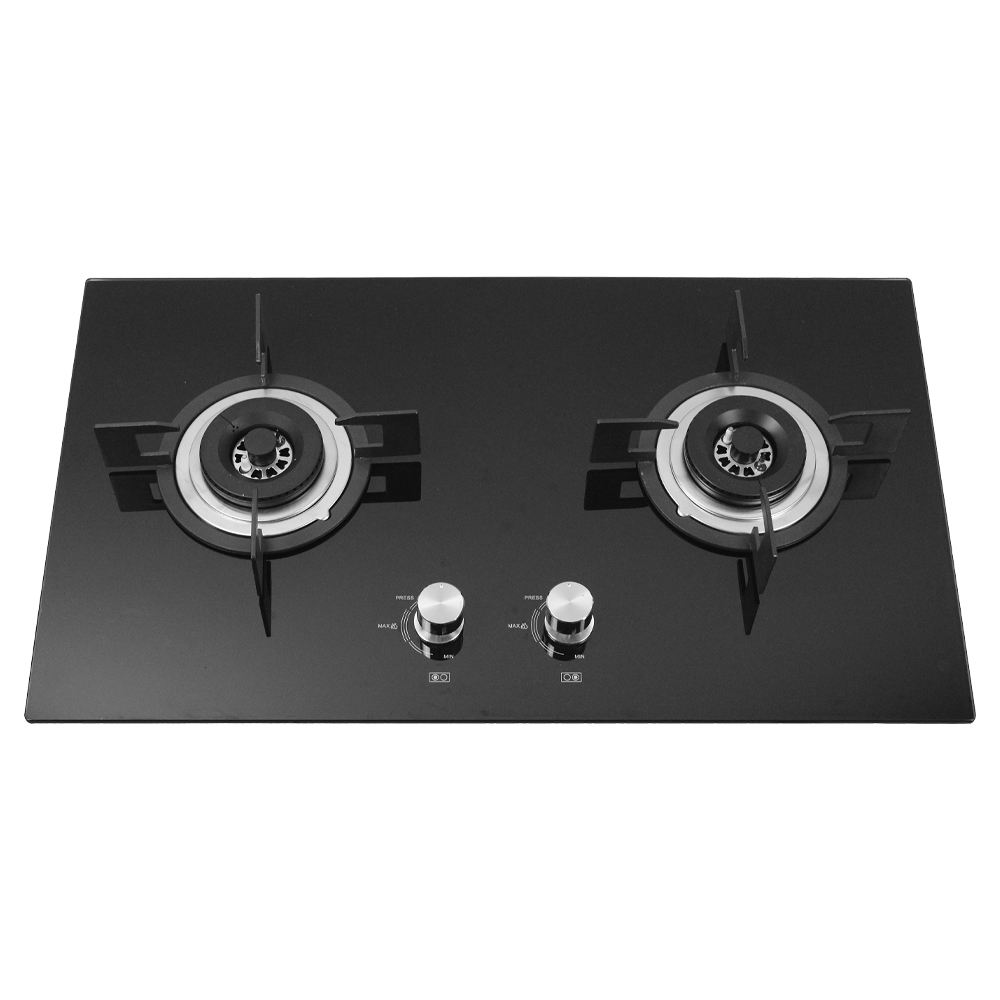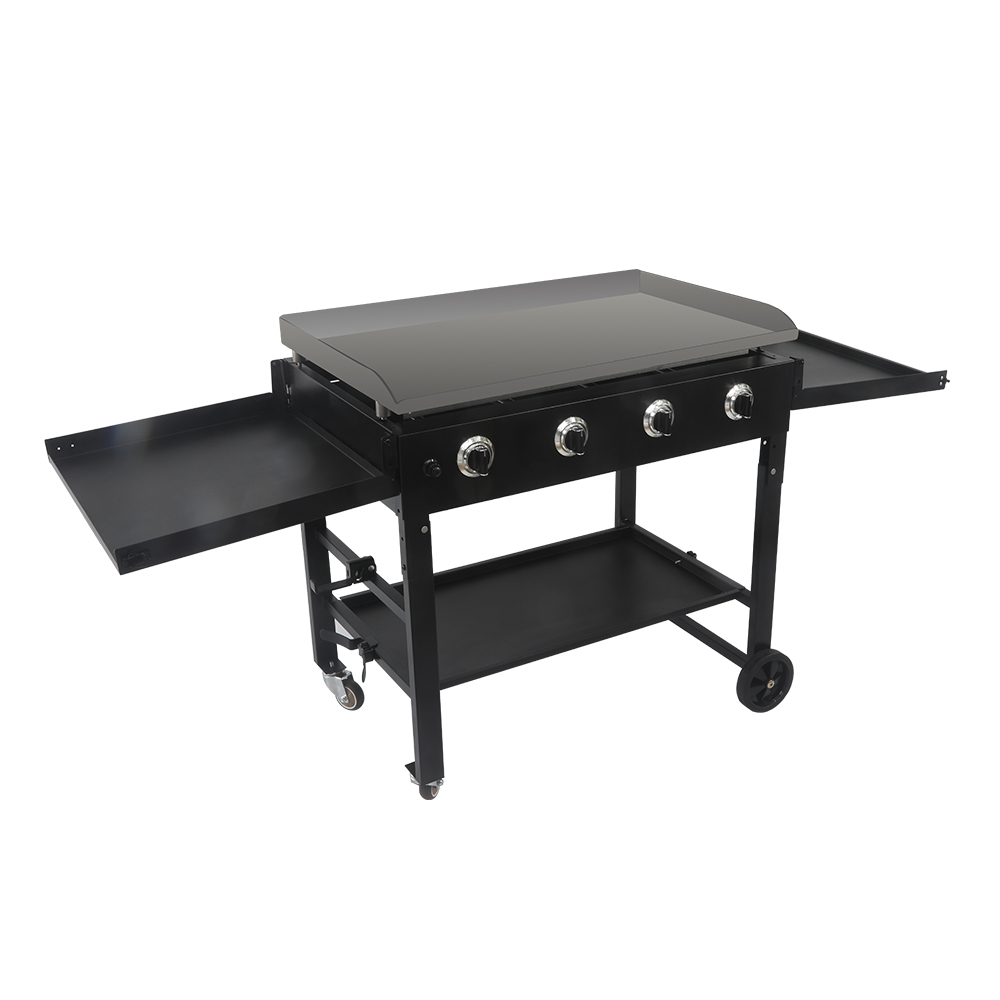The Electric Wall Oven is a common appliance in modern kitchens, offering convenience for baking, roasting, and other cooking tasks. However, its use involves electrical and thermal hazards that require careful attention to safety measures.
Concept of Electric Wall Oven Safety
An Electric Wall Oven is a built-in appliance that uses electrical heating elements to generate heat for cooking. Safety precautions are essential to prevent accidents such as electrical shocks, fires, and burns. These measures stem from the oven's design, which includes high-voltage components and surfaces that can reach extreme temperatures. Key safety principles involve proper installation, regular maintenance, and adherence to operational guidelines to mitigate hazards associated with electricity and heat.
Types of Electric Wall Ovens and Safety Considerations
Electric Wall Ovens come in various types, each with specific safety features. Common types include single and double wall ovens, convection ovens, and self-cleaning models.
-
Single and double wall ovens: These may have additional insulation to reduce external heat, but users should ensure adequate clearance from combustible materials during installation.
-
Convection ovens: These use fans to circulate heat, which can lead to faster cooking but may require checks on fan operation to avoid overheating.
-
Self-cleaning ovens: This feature involves high temperatures to burn off residue; safety precautions include ensuring ventilation and keeping the area clear during the cycle.
Regardless of type, all Electric Wall Ovens should include safety mechanisms like thermal fuses, child locks, and indicator lights to alert users when the oven is hot.
Applications and Safety Guidelines
In practical use, safety precautions for an Electric Wall Oven apply across various scenarios:
-
Installation: Always hire a qualified electrician to install the oven, ensuring it meets local electrical codes and is grounded to prevent shocks. Maintain proper spacing from walls and cabinets to avoid heat buildup.
-
Operation: Use oven mitts when handling hot cookware, and avoid placing flammable items near the oven. Do not leave the Electric Wall Oven unattended while in use, and keep children and pets away from the appliance.
-
Maintenance: Regularly inspect power cords and outlets for damage. Clean the oven according to manufacturer instructions, typically when cool, to prevent electrical shorts or fires from accumulated grease.
These applications highlight the importance of user diligence to prevent common incidents like burns or electrical faults.
Comparison with Other Oven Types
When comparing Electric Wall Ovens to other types, such as gas ovens, safety considerations differ based on the energy source. Electric Wall Ovens rely on electricity, posing risks of electrical shocks and potential fire hazards from faulty wiring or overheating elements. In contrast, gas ovens involve risks of gas leaks and carbon monoxide poisoning. Electric models often provide more consistent temperature control, reducing the chance of undercooking food, but they require strict adherence to electrical safety standards. Both types share common precautions, such as avoiding water contact during operation and ensuring proper ventilation, but Electric Wall Ovens specifically need routine checks on electrical components to prevent malfunctions.
Frequently Asked Questions (FAQ)
-
What are the primary hazards of using an Electric Wall Oven?
The main hazards include electrical shocks from faulty wiring, burns from hot surfaces, and fire risks due to overheating or flammable materials nearby. Proper installation and usage can mitigate these risks. -
How can I prevent accidents when cleaning an Electric Wall Oven?
Always turn off and unplug the oven before cleaning. Use non-abrasive cleaners and avoid spraying water directly on electrical parts. For self-cleaning models, ensure the room is well-ventilated to disperse fumes. -
Are there specific safety tips for households with children?
Yes, use ovens with child lock features if available. Educate children about the dangers of hot surfaces, and supervise them when the Electric Wall Oven is in use. Store oven controls out of reach if possible. -
What should I do if my Electric Wall Oven shows signs of malfunction, such as sparks or unusual smells?
Immediately turn off and unplug the oven. Contact a certified technician for inspection and repairs. Do not attempt to fix electrical issues yourself, as this could void warranties or increase hazards. -
How does the safety of an Electric Wall Oven compare to portable electric ovens?
Electric Wall Ovens are generally more securely installed, reducing tipping risks, but they require permanent electrical connections. Portable ovens might have higher risks of cord damage or improper placement; both types need similar electrical safety checks.
Safety precautions for an Electric Wall Oven are critical to preventing accidents and ensuring efficient operation. By focusing on proper installation, mindful usage, and regular maintenance, users can leverage the benefits of this appliance while minimizing risks. Always refer to the manufacturer's guidelines and seek professional assistance for any electrical concerns to maintain a safe kitchen environment.



 中文简体
中文简体 Español
Español عربى
عربى














